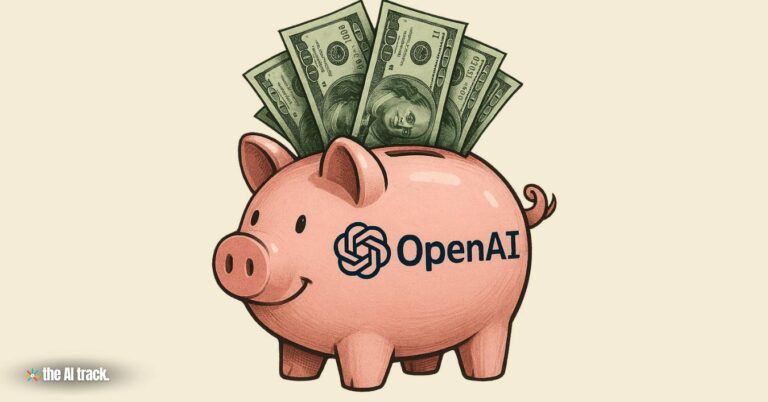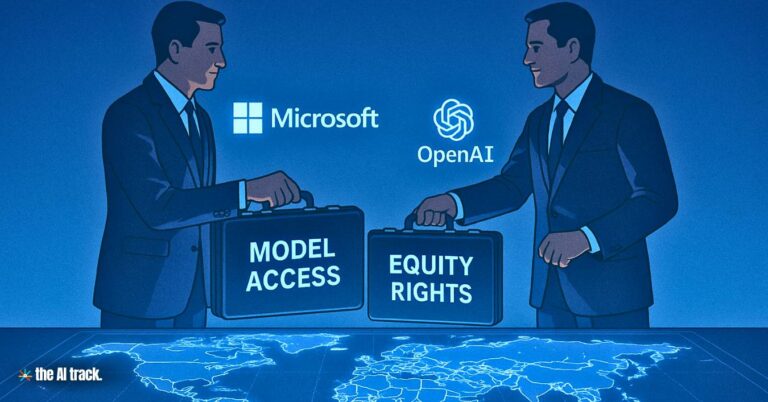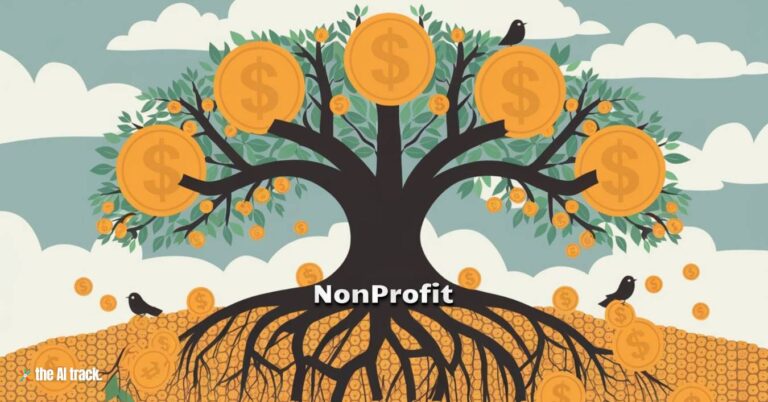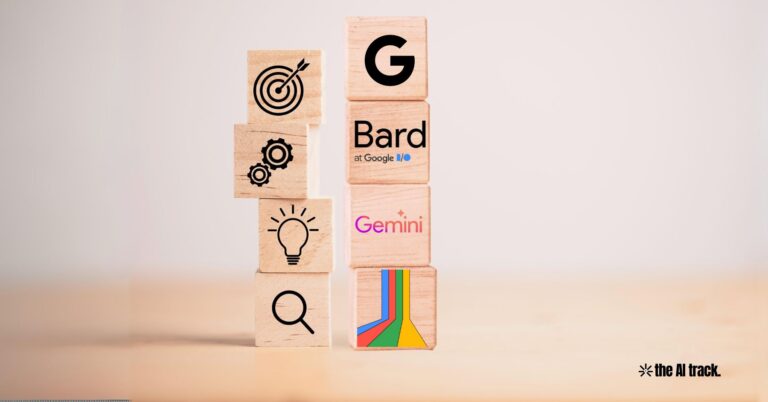OpenAI is acquiring AI coding assistant Windsurf (formerly Codeium) for approximately $3 billion. This landmark deal aims to embed advanced developer tools into ChatGPT and pursue hardware optimizations, establishing OpenAI as a full-stack player in AI coding. It’s the company’s largest acquisition and a pivotal move to redefine what software development looks like in the age of “vibe coding.”

OpenAI Acquires Windsurf – Key Points
Acquisition Deal Value, Status & Strategic Scope:
OpenAI is set to acquire Windsurf in a $3 billion deal, as reported by Bloomberg. The deal has not yet closed but marks OpenAI’s largest acquisition to date. Windsurf is a product of Exafunction Inc., which had been in funding talks with General Catalyst and Kleiner Perkins before OpenAI stepped in.
Valuation Growth & Investor Traction:
Windsurf was valued at $1.25 billion in August 2024 after a $150 million round led by General Catalyst. By 2025, the company sought a $3 billion valuation, which OpenAI ultimately matched with its acquisition offer, demonstrating high investor confidence in its AI-native tooling and hardware direction.
Core Products – Cascade, Previews, and the Windsurf Editor:
Windsurf’s tools include Cascade, an AI agent that automates debugging and project monitoring, and Previews, which allows real-time editing and website previews. These tools are bundled into Windsurf Editor, a fully AI-native integrated development environment (IDE) built for what cofounder Anshul Ramachandran calls “vibe coding”, a paradigm where humans issue broad prompts and AI executes detailed implementation. Ramachandran emphasized this as a shift in what it means to be a developer: “You just see stuff, say stuff, run stuff… and it mostly works.”
OpenAI’s Coding Stack and Integration Strategy:
ChatGPT Pro already includes tools like code interpreter and Canvas for collaborative coding. With Windsurf, OpenAI can build a unified, AI-native IDE directly into ChatGPT, capable of translating natural language into robust software across a spectrum of complexity.
Hardware Innovation and Backend Architecture:
Less publicized but crucially important is Windsurf’s hardware strategy. The company has reportedly developed custom AI chips and high-performance server clusters using a system called “model context protocol,” which routes developer activity through optimized compute pipelines. This backend infrastructure could align with OpenAI’s broader strategy of scaling model inference efficiency at global scale.
Competitive Landscape Escalation:
The move positions OpenAI directly against Microsoft’s GitHub Copilot, Anthropic’s Claude, and Anysphere’s Cursor, which recently hit a $9 billion valuation after a $900 million funding round. These tools support coding workflows but vary in depth and integration. Windsurf’s end-to-end environment differentiates OpenAI with a full-stack offering, from IDE to hardware.
Broader Scaling Momentum:
OpenAI’s weekly active user base grew from 300 million in Dec 2024 to over 400 million by Feb 2025. This growth is supported by prior acquisitions such as Rockset (a database analytics startup) and a $40 billion funding round led by SoftBank. These moves provide the capital and infrastructure to integrate and deploy developer tools at global scale.
Updated Corporate Structure for Future Growth:
In May 2025, OpenAI announced a structural transition of its for-profit entity into a Public Benefit Corporation (PBC) under its nonprofit. This shift simplifies governance and removes the previous “capped-profit” model, allowing OpenAI to issue standard stock while maintaining its mission-aligned nonprofit oversight.
Why This Matters:
The Windsurf acquisition is a pivotal moment for OpenAI. It reflects a convergence of trends, LLMs becoming software engineering agents, developers using natural language over code, and AI startups designing full-stack solutions including custom silicon. By combining vibe coding, IDE innovation, and server infrastructure under one roof, OpenAI is poised to not just support software developers, but redefine them. This reshapes the landscape of AI-driven programming and may catalyze a new standard for how software is built in enterprise, education, and open-source environments.
Explore the vital role of AI chips in driving the AI revolution, from semiconductors to processors: key players, market dynamics, and future implications.
Read a comprehensive monthly roundup of the latest AI news!







